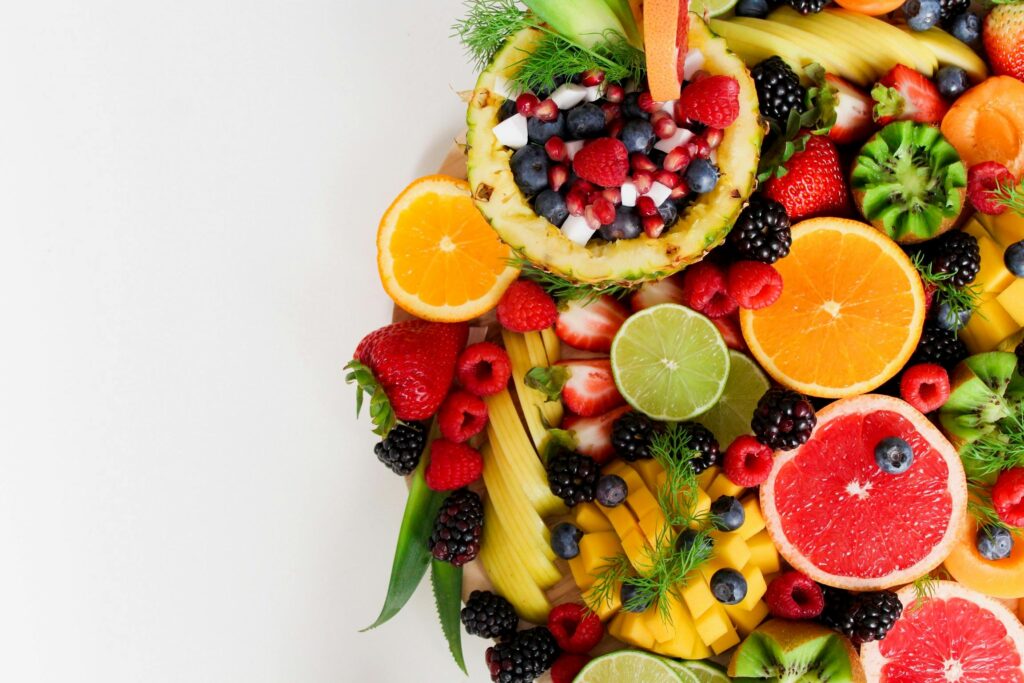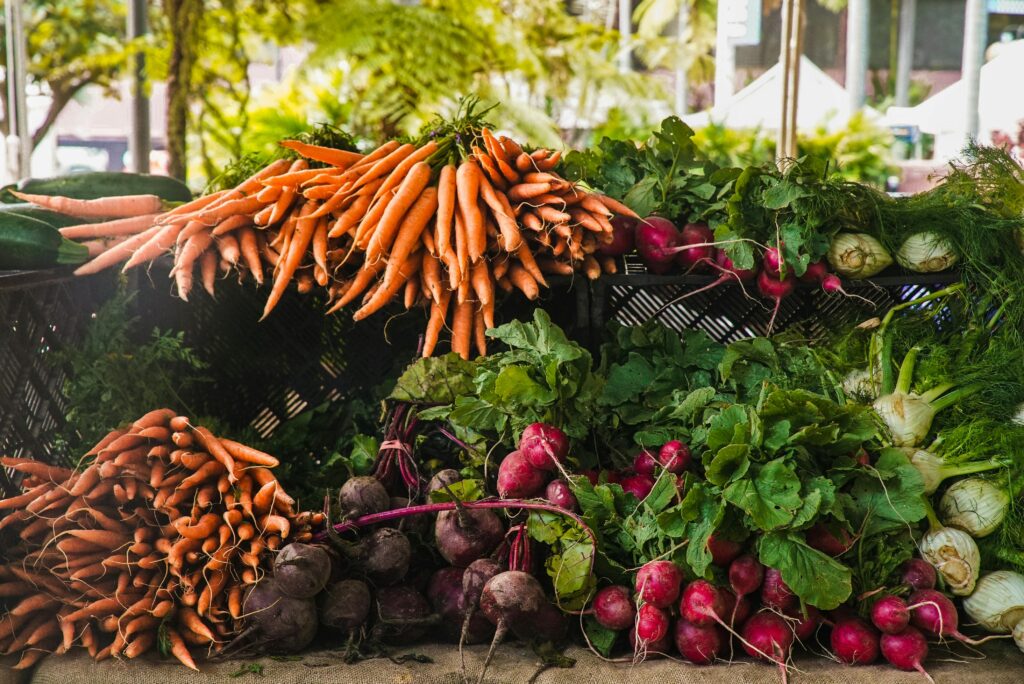
You’re not alone if you’re thinking about going plant-based—or at least adding more plants to your plate. Plant-based diets have exploded in popularity over the recent years, and they’re not just fad diets. From athletes and doctors to everyday people looking to feel better, more people are turning to plants for good reason. The health benefits of a plant-based diet include:
- Better heart health
- Lower risk of type 2 diabetes
- Easier weight management
- Cancer risk reduction
- Longevity and healthy aging
A growing body of research shows that eating mostly—or entirely—plant-based foods can do wonders for your health. Whether you’re vegan, plant-curious, or just trying to eat better, here’s what the science says about why a plant-based diet might be worth considering.
What Is a Plant-Based Diet?
A plant-based diet focuses on whole or minimally processed foods from plants. This includes fruits, vegetables, legumes (beans and lentils), whole grains, nuts, seeds, and plant oils. It doesn’t necessarily mean you’re vegan or vegetarian—it just means plants take center stage.
Some people eat plant-based 90% of the time and still enjoy the occasional piece of fish or dairy. Others go fully vegan. There’s flexibility, and that’s part of the appeal.
The Science-Backed Health Benefits of Eating More Plants
There are some seriously good reasons to consider a plant-based diet.
Better Heart Health
One of the biggest perks of a plant-based diet is how it supports your heart. Studies show that people who eat mostly plant-based tend to have lower blood pressure, lower LDL (“bad”) cholesterol, and a reduced risk of heart disease overall.
Research published in the Journal of the American Heart Association found that people who followed a plant-forward diet had up to a 52% lower risk of cardiovascular disease. That’s huge.
Fibre, antioxidants, and healthy fats from foods like oats, berries, leafy greens, and nuts all help keep your heart happy.
Lower Risk of Type 2 Diabetes
Plant-based diets are also linked to better blood sugar control. A review of multiple studies in JAMA Internal Medicine found that plant-based eating patterns—especially those focused on whole, unprocessed foods—are associated with a lower risk of developing type 2 diabetes.
Why? Because plants are naturally high in fibre and nutrients that help regulate blood sugar and improve insulin sensitivity. Meanwhile, cutting back on processed meats and refined carbs also helps reduce inflammation, which affects diabetes risk.
Easier Weight Management
You’re not alone if you’ve ever tried to lose weight and felt starving. The beauty of a plant-based diet is that you can eat more food for fewer calories—thanks to fibre-rich fruits, veggies, and legumes that keep you full and satisfied.
Studies suggest that people who follow plant-based diets tend to weigh less and have lower body fat percentages—without calorie counting or strict dieting.
Cancer Risk Reduction
While no diet can prevent cancer entirely, there is solid evidence that eating more plants can help lower one’s risk.
Fibre, antioxidants, and phytochemicals (natural compounds in plant foods) may play a protective role. Studies show that plant-based diets were associated with reduced risk of colorectal and prostate cancers.
In particular, cutting back on red and processed meats—which the World Health Organization classifies as carcinogenic—can make a real difference.

Longevity & Healthy Aging
Want to live longer and feel better as you age? Look at the world’s “Blue Zones”—where people consistently live to 90 and beyond. Their diets? Mostly plant-based.
Plant-rich diets are linked to reduced inflammation, better cognitive health, and a lower risk of age-related diseases like Alzheimer’s. Eating more whole plant foods means more nutrients and antioxidants that protect your body from damage over time.
What About Protein & Other Myths?
Let’s bust a few common myths while we’re here:
- You can’t get enough protein on a plant-based diet: Not true. Beans, lentils, tofu, quinoa, nuts, and seeds are all excellent protein sources. Most people easily meet their needs without meat.
- It’s too expensive: Not really. Staples like rice, oats, beans, and frozen veggies are some of the most budget-friendly foods you can buy. Even with today’s skyrocketing grocery prices, plant-based foods are way cheaper unless you rely heavily on “meat replacement.”
- It’s all or nothing: False. You don’t need to go 100% vegan to see the health benefits. Swapping in a few plant-based meals a week can make a big difference.
How to Start Eating More Plant-Based Without Stressing Out
Ready to dip your toes in? Here are a few easy ways to start:
- Try meatless Mondays: Pick 1 day a week to go all-in on plant-based meals
- Make simple swaps: Use lentils instead of ground beef, or try almond milk instead of dairy
- Stock up on staples: Keep canned beans, whole grains, and frozen veggies on hand for quick meals
- Don’t aim for perfection: Progress, not perfection. Every plant-based choice is a step in the right direction.
Plant-Based Eating Isn’t Another Trend
Going plant-based isn’t just about following a trend—it’s about giving your body the nutrients it needs to thrive. From heart health and weight management to lowering your disease risk, the benefits are real—and backed by science.
Whether you’re all in on a vegan lifestyle or just plant-curious, one thing’s clear: eating more plants is a powerful way to take care of your health.
I’ve been vegan for almost 2 years and have become very passionate about it. I still believe in the power of movement and exercise, but I think nutrition holds the key to true and lasting health—movement is the icing on the cake.If you want help to start a plant-forward diet, contact me today and book a free consultation. My 1:1 coaching program is designed to equip you to take control of your health.